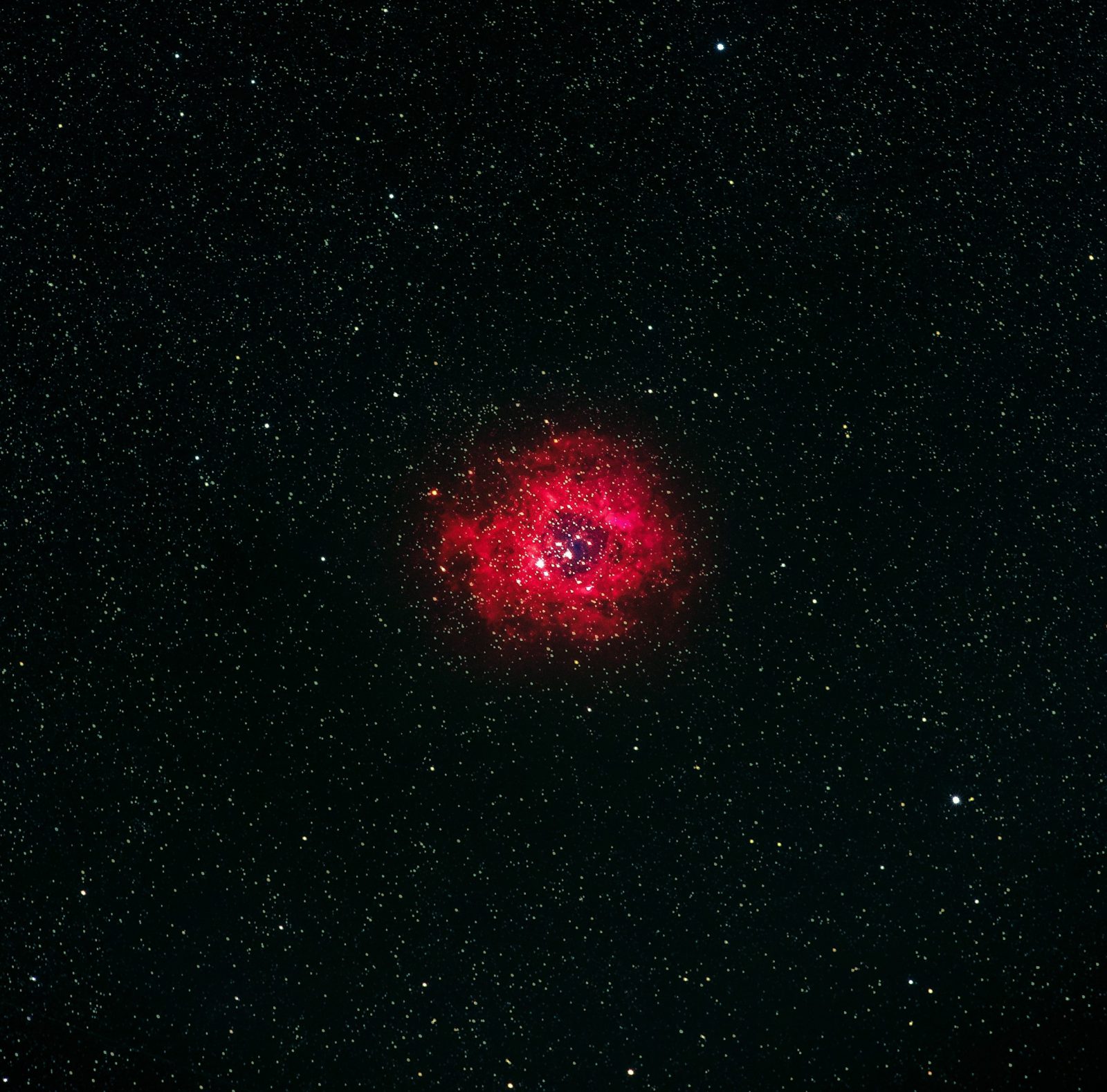


James Tour: The Goalposts are Racing Away from the Origin-of-Life Community
On today’s ID the Future distinguished nanoscientist James Tour explains to host Eric Metaxas why the origin-of-life community is further than ever from solving the mystery of life’s origin, and how the public has gotten the false impression that scientists can synthesize life in the lab. Tour explains that origin-of-life scientists aren’t even close to intelligently synthesizing life from non-life in the lab. The problem, Tour says, is that some leading origin-of-life researchers give the impression they are right on the cusp of solving the problem. Not so, Tour says. He offers the analogy of someone claiming, in the year 1500, that he has the know-how to build a ship to travel to the moon, when no one yet knows even how to build an airplane, car, or car engine. Tour says that if he took a cell that had just died a moment before and asked top origin-of-life researchers to engineer it back to life, they couldn’t do it. They’re not even close to being able to do it. And yet all the ingredients, all the building blocks of life are right there, all in one place, in the right proportions. And not only can scientists not engineer those ingredients back to life, they still can’t synthesize even a fraction of the building blocks essential to cellular life, despite decades and millions of dollars poured into the problem. And yet they assume that purely blind material processes turned prebiotic chemicals into all the key building blocks, and then mindlessly engineered those into the first self-reproducing cell on the early Earth. There are no models that would make such a scenario plausible. And the more we learn about cellular complexity, the harder the problem gets. Indeed, as Tour puts it, origin-of-life research is like moving down a football field in nanometer increments while the goalposts are racing away. What’s left is only the dogmatic assumption among origin-of-life researchers that the first life must have appeared on Earth purely through blind material forces. Tour has made it his mission to show the broader scientific community and the public that the emperor has no clothes. Not surprisingly, the origin-of-life community has not responded with heartfelt gratitude. Tune in to hear more of Tour’s argument and to learn what kind of blowback he has experienced. The interview is reposted here with permission of Eric Metaxas and Socrates in the City. Find James Tour’s many videos on the origin-of-life problem here.

Energy Harnessing: An Achilles Heel for Origin of Life
Origin-of-life specialist Rob Stadler joins today’s ID the Future to discuss a new Long Story Short science video short. The video investigates a special problem that faces all naturalistic origin-of-life scenarios: To be viable, a cell must have sophisticated machinery, including ATP synthase, to turn raw energy into constructive energy. But how could prebiotic chemicals harness raw energy on the way to evolving into a viable self-reproducing cell without first having the sophisticated machinery to harness raw energy and convert it to useful work? Are the energy sources that have been proposed for chemical evolution realistic? In his conversation with host Eric Anderson, Stadler argues that, no, they aren’t. This isn’t the sort of thing that mindless natural processes can overcome, but is precisely the sort of problem that a designing mind could solve. Check out the new video here.

Neil Thomas Talks Darwin, Aquinas, OOL and … Young Frankenstein
On this ID the Future, Taking Leave of Darwin author Neil Thomas continues a lively conversation with radio host Hank Hanegraaff. In this second in a three-part series, the two touch on the fossil record’s challenge to Darwinism, Gould and Eldredge’s rescue attempt, the question of whether Darwin’s best known contemporary defender is dishonest or merely self-deluded, the wishful thinking surrounding origin-of-life studies, the failed attempts to reduce the mind to mere brain chemistry, and the morally repugnant pro-eugenics ideas rooted in Darwinism and touted in the textbook at the heart of the famous Scopes Monkey Trial. The conversation is posted here by permission of Hank Hanegraaff. Get Neil Thomas’s book here.

A New Flaw in the Miller-Urey Experiment, and a Few Old
On today’s ID the Future, biologist Jonathan Wells and host Eric Anderson discuss a recently discovered problem with the famous Miller-Urey experiment, long ballyhooed in biology textbooks as dramatic experimental evidence for the naturalistic origin of life. The newly uncovered problem involves the glassware used in the experiment. It is an interesting finding, but as Wells explains, it is far from the first problem discovered with the experiment, nor the most serious one. While biology textbooks often present the 1952 experiment by Stanley Miller and Harold Urey as a key icon of evolution, even those origin-of-life researchers who hope to one day to discover a credible naturalistic scenario for the origin of the first living cell concede that the experiment at the University of Chicago failed in crucial ways to mimic Earth’s early atmosphere, and fell short in multiple other ways. The various challenges, Wells explains, are each alone sufficient to elicit a healthy skepticism toward the whole prospect of a designer-free origin of the first living cell. For more in-depth analysis, check out Wells’s chapter in the 2020 revised and expanded The Mystery of Life’s Origin: The Continuing Controversy, along with the other chapters in the book.

New Animated Video Dismantles Origin-of-Life Hype
Today’s ID the Future spotlights a new origin-of-life video showing that researchers aren’t anywhere close to creating life from non-life, despite the fact most Americans seem to believe otherwise. In the episode, host Eric Anderson interviews Stairway to Life co-author Rob Stadler, who helped create the new Long Story Short animated video. Stadler and Anderson explore how origin-of-life papers and popular media reports have misled the public, evidenced by a survey underscored by Rice University synthetic organic chemist James Tour. Then they discuss several daunting origin-of-life hurdles beyond the synthesis of key chemical building blocks. These are hurdles significant enough that each alone may doom the idea of life having once emerged from non-life spontaneously. Indeed, it is now a matter of record that the hurdles are so daunting that for several decades they have kept many brilliant and lavishly funded scientists from intelligently designing life from non-life in the lab. Thus it is hardly unreasonable to entertain the idea that the origin of the first life required not merely intelligent design, but an ingenious designing intelligence far beyond that of our smartest origin-of-life researchers.

Author Neil Thomas Discusses Taking Leave of Darwin, Pt. 1
On today’s ID the Future, meet Taking Leave of Darwin author Neil Thomas, not at all the sort of person one might expect to find waging a campaign against modern evolutionary theory. An erudite and settled Darwinist living comfortably in a thoroughly secular English academic culture, Thomas nevertheless came to reject Darwinian materialism and, as he insists, did so on purely rationalist grounds. Listen in to learn about his journey and about his new book from Discovery Institute Press, Taking Leave of Darwin: A Longtime Agnostic Discovers the Case for Design.

Taking Leave of Darwin’s Warm Little Pond
Today’s ID the Future offers a sneak peek at the new book Taking Leave of Darwin: A Longtime Agnostic Discovers the Case for Design by Neil Thomas (Discovery Institute Press). Here Scotsman Andrew McDiarmid reads from a Chapter 2 segment titled “The Elusive First Step.” Much of the book is a critical examination of Darwin’s theory of biological evolution, in its original and updated forms; but here Thomas takes up Darwin’s proposal for the unguided origin of the first living cell. Thomas, like others before, points up the persistent and growing problems with a designer-free origin of life, but here he also explores some of the cultural influences that primed society to view the leap from non-life to life as easily made. Frankenstein’s monster makes an appearance, but tune in to see how the behavior of some actual investigators grew almost stranger than fiction. And to learn how some of the beliefs undergirding the pseudoscience of re-animation persist today in reincarnated form (in the field of abiogenesis), pick up a copy of Thomas’s Taking Leave of Darwin: A Longtime Agnostic Discovers the Case for Design.

James Tour Interviews William Dembski, Pt. 2
Today’s ID the Future again features Rice University synthetic organic chemist James Tour and intelligent design pioneer William Dembski. Here in Part 2 they discuss information theory, probability theory, the origin of life, evolution, the multiverse hypothesis, and Dembski’s contributions to the theory of intelligent design. Their conversation is borrowed, with permission, from Dr. Tour’s Science & Faith podcast.

Cosmos: Possible Worlds’ ‘Most Plausible’ Creation Myths
On this episode of ID the Future, philosopher Jay Richards hosts science historian Michael Keas in another conversation about Neil deGrasse Tyson’s series Cosmos: Possible Worlds. They talk this time about what the show itself calls its “most plausible creation myth… for the origin of life,” involving hydrothermal vents in the deep ocean floor — with no mention at all of the equally deep scientific problems with the idea. Tyson’s imagination wanders from there to a moon of Saturn to the Cambrian explosion, everywhere supposing that just because one or two necessary conditions exist for life, that’s all the explanation that’s needed. Richards and Keas ably explore why this is untrue.